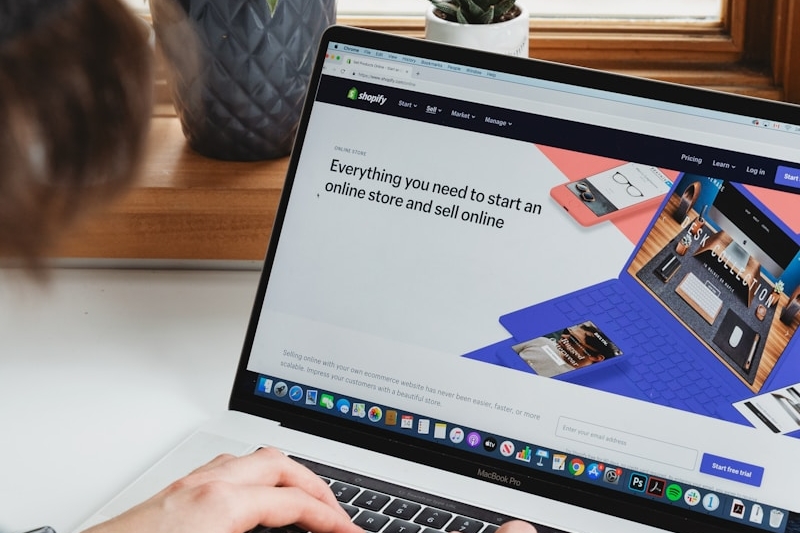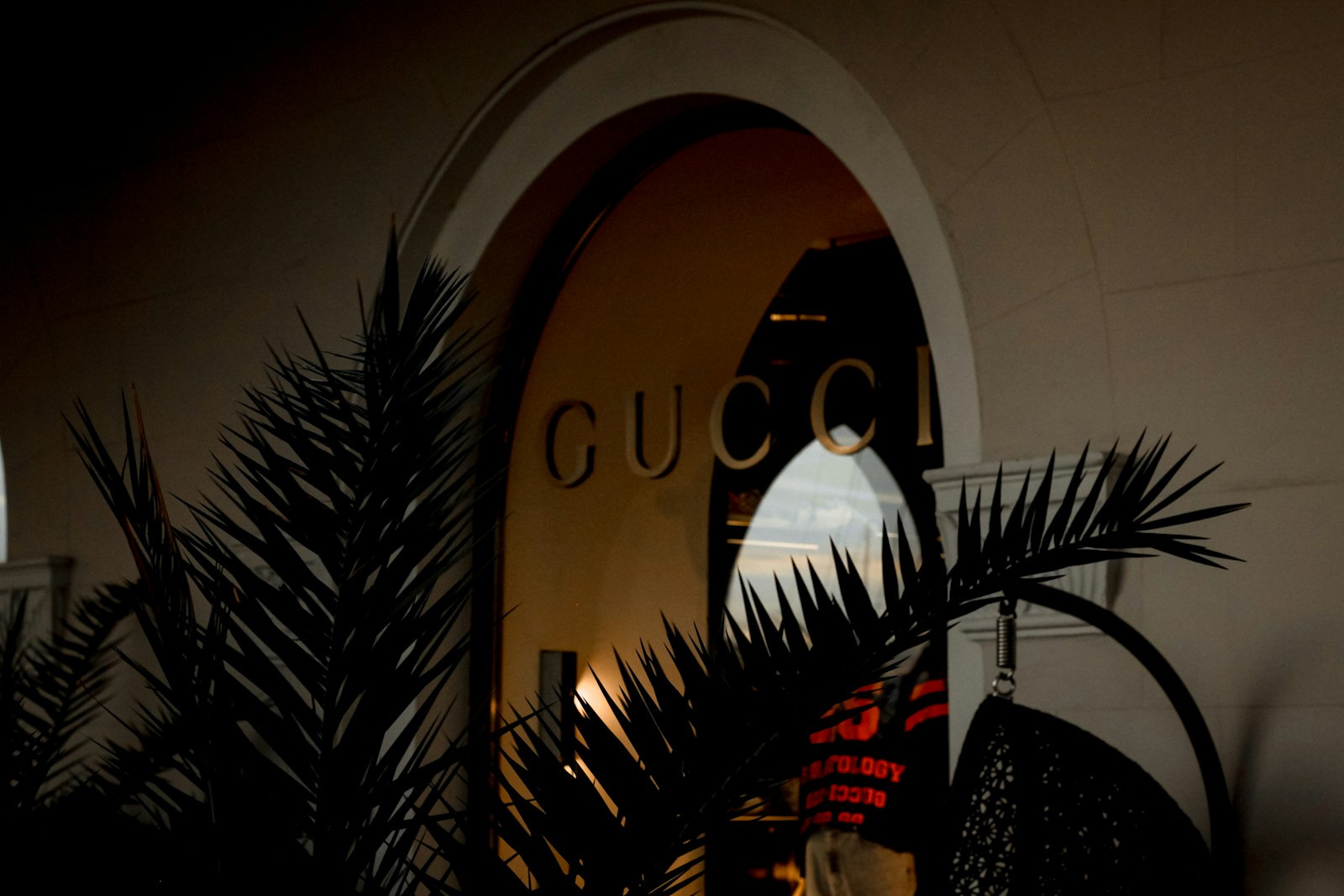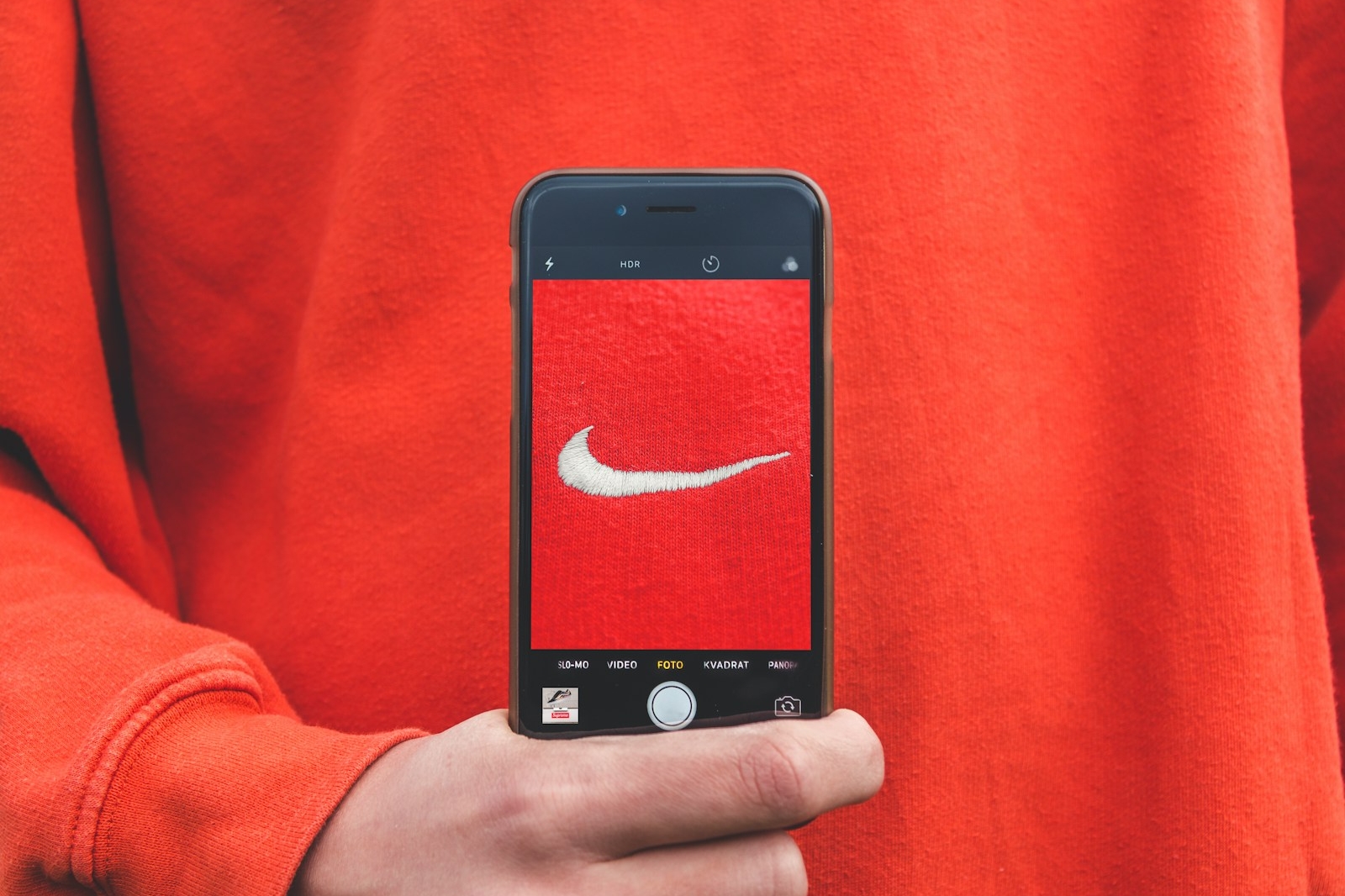There’s an epidemic among us, people.
A decade-long tenure at [doing anything] will surely teach you so much. One of the things wearing the ‘consultant’ hat has taught me, over the last ten years, is that you have to trust your gut. And, right now, my gut (and weeks of research among my peers) is telling me that Professional Ghosting is on the rise. If you’re not familiar, ghosting, as defined by Urban Dictionary is, “When a person cuts off all communication with their friends or the person they're dating, with zero warning or notice before hand. You'll mostly see them avoiding friend's phone calls, social media, and/or avoiding them in public.”
Professional Ghosting is when that activity hits the boardroom.
It’s safe to say that no one likes being on the receiving end of ...nothing. It’s even safer to say that being on the receiving end of all that nothing can be pretty detrimental to one’s flourishing. It presses the pause button on a good chunk of productivity as the propositional contractor innately starts preparing for the, hopefully, fast-approaching follow-up chat where they’re sure to be put on the spot with more tangible ideas. It can hurt one’s self confidence, for sure, but it can also have a longer term ripple effect that lead the ghosted to question their processes, policies, and future tactics.
The best part is that while ghosting may have a negative personal impact on the propositional party, Professional Ghosting has an enormously detrimental effect on ghostee: A recent McKinsey study states that the average worker contributes an estimated 28% of the workweek to managing emails; that means, chances are, if you've been pinged for a follow-up, at best, it can be assumed you've seen the message. And, another research study, done out of USC, shows that most surveyed professionals - 90% in fact - confirm that replies happen within a day of receiving the message. So, if you haven't replied in a day or two, it's fine to assume you won't receive a reply at all.
That means the disappointment sets in far sooner than the average Joe (or Josephine) may think.
If you’re the ghosted - this article isn’t for you: The most important takeaway is that you need to take the high-road in all of this. It's the only way it all works out. Take a look at the communication process, the personal (emotional?) investment you made into the prospect, and grow from it. (And, most importantly, don't ghost other people.) I have, many a time, come face-to-face with a ghost and found myself biting my tongue. Sometimes to a point where I thought it might bleed. Remember that, in those instances, people feed off of your energy and you don't *really* know what came up as to why that person ghosted in the first place. And, frankly, 9:10 times, it's more of a blessing than a curse.
Dear Ghosts,
I am a very energy-driven person. I feed off of the inherent humanitarian connection we all share and, while that might make me a little more invested in this topic than most, I think it's important to share I also have good understanding that some others may not relish in my same motivations. For instance, while I make a deliberate effort to respond to every note that comes across my desk, I understand that others may find it easy to brush memos off and not respond at all. I don't, personally, know what breeds the belief that ignoring people is okay from a moral standpoint any more than I can condone it, but I accept the fact that it happens. For the record: Ignoring people is rude.
This is not a debate about choosing. It is totally your right to choose whomever or whatever service provider you deem is the best fit for your company. But, take action. Communicating your choice to potential partners and the reasons why - if you can do so in a respectful manner - can make the world a better place. Literally. Feedback like that leads to lessons learned and changes implemented and future opportunities being secured. You could be doing them a world of good for just a minute or two of your time in the long run.
Ghosting someone immediately and most importantly shows a lack of respect for the recipient. It's also a good way to instill the notion that you lack a certain level of professionalism, reliability, and overall accountability.
Fun Fact: If there’s one thing we all know for sure is that it’s a small world we’re living in. Think of your own industry. How connected is the professional population? Probably very. Everyone from C-Level Execs to part time custodial workers can probably tell me what’s going on in their same seat within other organizations, at least regionally if not nationally. (And, they often do.) The same rings true everywhere else. I can say, honestly, when someone comes to me with the news that they’ve been approached by an unprofessional, unreliable, and unaccountable force that has burned me in the past, I don’t shy away from sharing that opinion. No one does.
How do you fix it?
It might be rude to wait an eternity to respond to an inquiry but responding late is always better than never. The best way to clear up the situation is to simply handle it. Draft a note - maybe even a new thread altogether - and start with the customary, "Sorry for the delayed response," bit. But, if you want to really win them over take a deep breath and capture exactly what comes to mind. Even if that's a deeper apology.
This approach claims responsibility. It explains your actions and provides greater detail to the nature of the situation. In short, accountability is restored. No one can really hold you choice (to go in a different direction) against you. Next time, simply let them know. "Thanks for that awesome proposal, however, we have decided to go in a different direction with the assignment." Never, ever, lie. Never allude to shelving the concept or terminating an initiative if you're really not. Be clear, be honest, and be concise.
Eric Michael & Associates
We're a close-knit team of independent creative collaborators and strategic leaders working at the intersection of form and function to contribute to and bring about radical, positive, and productive change.
RELATED POSTS:
More from Eric Michael and the team.
February 28, 2025
Changes to the Master Service Agreement
January 20, 2025
Travel Notice & Itinerary
December 1, 2024
W'24 Memo: Important Seasonal Announcements
October 25, 2024
How Branded Activations Foster Community and Build Brand Loyalty
October 24, 2024
Top 5 Creative Branded Activation Strategies for 2024
October 23, 2024











